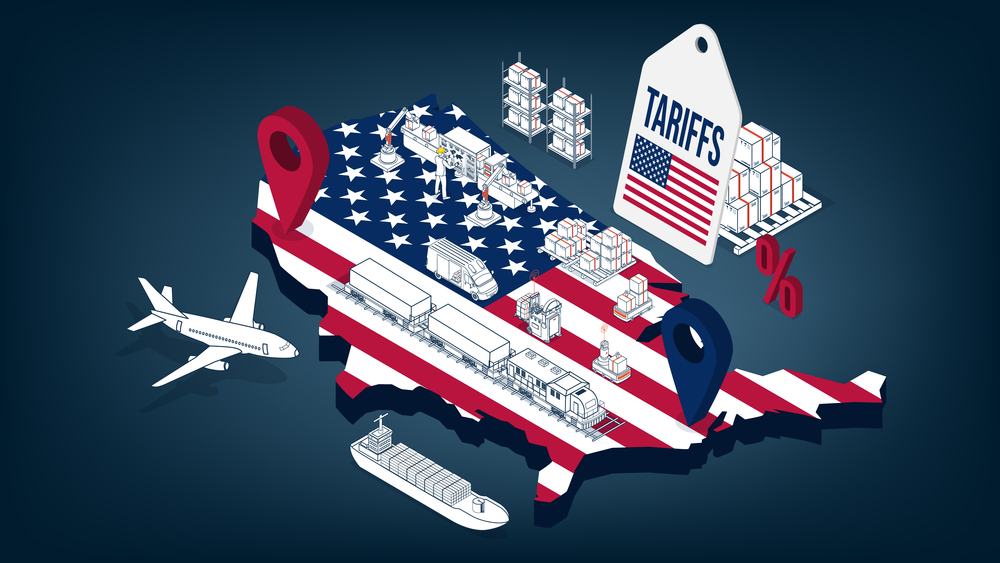Shortly after the “Liberation Day” tariffs were announced back in April, Janet Bufton wrote an excellent post about whether or not Adam Smith would approve of those so-called “reciprocal” tariffs. I also riffed off her post here. In both cases, we argued these tariffs were not compliant with Smith’s argument and thus he would not have approved of them.
Six months later, we have four pieces of good evidence that U.S. tariffs would not have met with Smith’s approval.
First, as I have discussed before, these tariff rates are unrelated to any restrictions foreign nations have placed on U.S. exports. Rather, they are based on trade deficits and the opaque motivations of the executive branch.
Second, the handful of “deals” motivated by these tariffs have resulted in higher tariffs, not lower ones.
Smith’s discussion on reciprocal tariffs is in Book 4, Chapter 2 of The Wealth of Nations (WN, pages 467–468 of the Liberty Fund/Glasgow Edition). Smith writes:
Note the two conditions for tariffs required for Smith to qualify them as good policy:
- The tariffs result in the repeal of foreign nations’ tariffs,
- The domestic tariffs are temporary and short-lived, and are repealed once the foreign nation’s reductions take effect.
In some cases, the new trade deals have led to lower tariffs on U.S. exports. So, the first condition is met. But all of these result in higher tariffs on foreign goods being made permanent. The second condition is not met.
The third piece of evidence is that the Trump Administration has often and repeatedly cited mercantilist justifications for the tariffs (e.g., their arguments before the U.S. International Trade Court, Federal Court of Appeals, and likely the Supreme Court that trade deficits constitute a national emergency). Reciprocity or negotiation is frequently omitted or given short shrift. Smith rather explicitly calls these types of arguments “absurd” (WN 488).
Finally, the Trump administration is counting on decades of tariff revenue. That certainly means these are not temporary negotiation tools. It doesn’t make sense to speak of permanent tax revenue from a temporary tariff.
Adam Smith certainly would not approve of these tariffs. Rather, he would have rejected them. Smith dismisses the mercantilist grounds on which they’re based as “absurd.” On revenue grounds, they violate his maxims (WN 825–827), including the maxim that taxes shouldn’t be arbitrary (WN 825). Given how often these tariffs are adjusted or imposed without warning, they also violate the non-arbitrary maxim.
There is a habit of inventing post hoc justifications for tariffs on Smithian grounds. Rather, I think we should just take Donald Trump and his administration at their word. They are mercantilists, through and through. And Adam Smith did not approve of mercantilism.
(0 COMMENTS)















